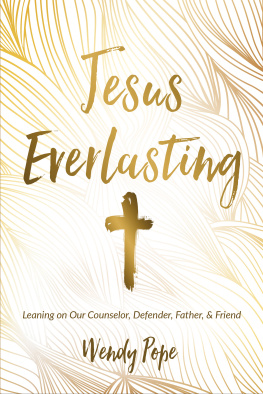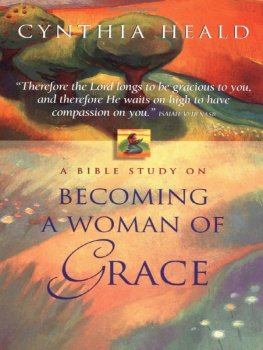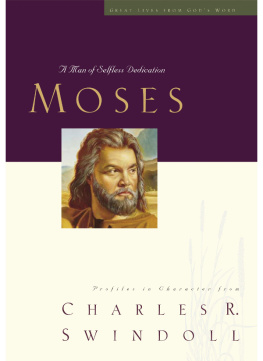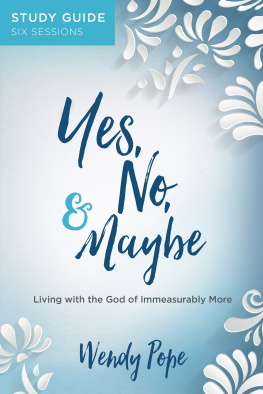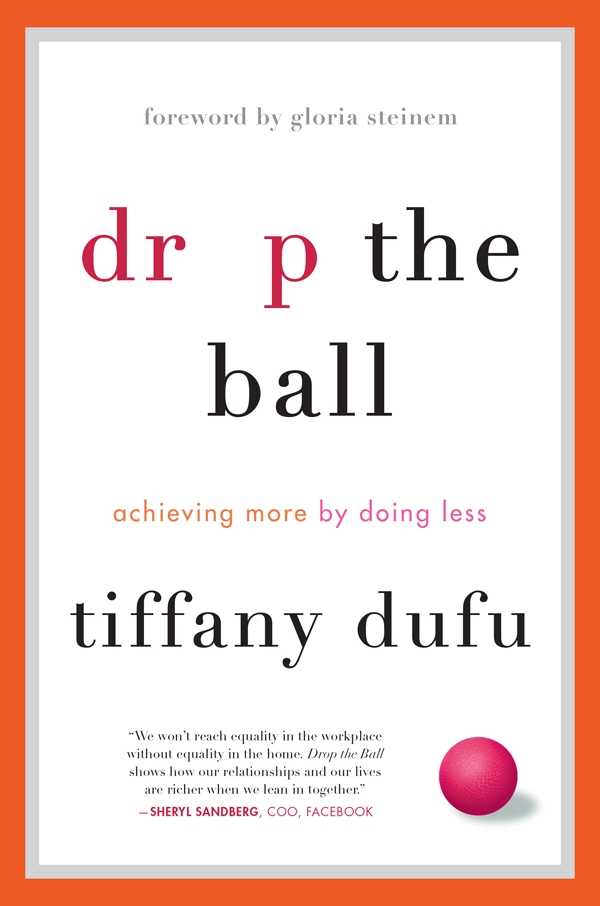Contents
Guide
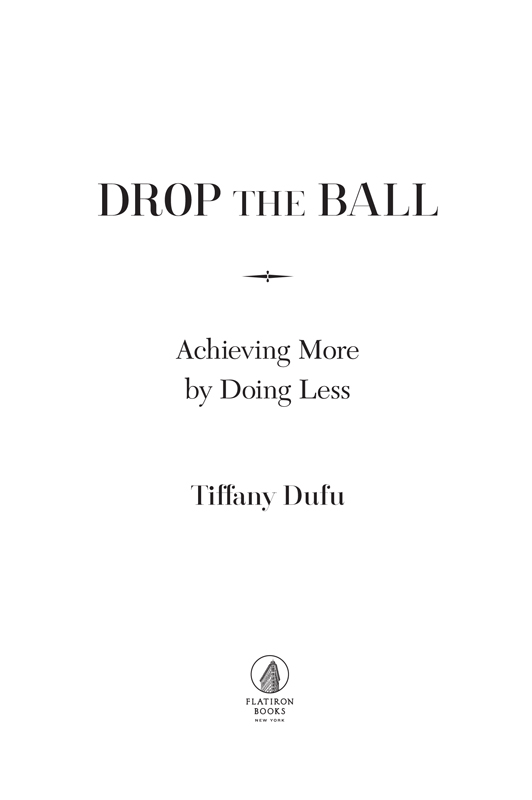
The author and publisher have provided this e-book to you for your personal use only. You may not make this e-book publicly available in any way. Copyright infringement is against the law. If you believe the copy of this e-book you are reading infringes on the authors copyright, please notify the publisher at: us.macmillanusa.com/piracy.
Obviously for Kojo
Bringing the Revolution Home
Gloria Steinem
There are two ways that a system of power stays in power. The first is obviousunequal laws, unequal opportunity, very unequal money, and violence or the threat of violencebut the second is more internal and difficult to uproot. Its the idea of what is normal; how we ourselves behave to earn equality and power, and how early in our lives these norms are introduced. Since women are half of every population, and unlike other secondary groups, not only live and work with men but give birth to boys as well as girls, there is a constant danger that we will recognize our shared humanity and rebel. Thats why gender roles have to begin so early and go so deep. Those are the inequalities we grow up with, from a pink or blue blanket to the invention of masculine and feminine. We see these roles all around us, assume they are inevitable, and come to expect conformity even of ourselves.
When a belief punishes the believerfor instance, when women believe that for us, having it all must mean doing it allit becomes what psychologists call internalized oppression .
Tiffany Dufus Drop the Ball is crucial because it takes on that deeper system. Weve spent the last fifty years trying to democratize the external oneand come far enough to know that we can and must go much furtheryet we have not uprooted the inequality that begins in the family. For instance, the old logic says that a woman spends a year or so bearing and nursing a child, so she must be more responsible for raising that child to adulthood. Yet the truth is that children have two parents; thus if a mother spends a year bearing and nursing a child, why is a father not responsible for spending much more than half that time in child-rearing ? Logic is in the eye of the logician.
The good news is that once we open this door of shared humanity, all kinds of new possibilities come in, not only for women but also for men and children.
For instance, until I was ten or so, my father played a bigger role in my upbringing than did my mother. This was because she was sometimes ill and incapacitated, and also because he was an itinerant antiques dealer who worked at home and could take me with him as he drove around to roadside shops. Certainly, it was not because he was a conventional parent. He let me eat all the ice cream I wantedhe himself weighed over three hundred poundsand took me with him to see the Hollywood movies of the day. He never once told me to go to bed, and he let me sleep by the fire or near our dog when she was nursing a litter of puppies. He himself often fell asleep on the couch while reading me the funnies. All I knew was that he loved my company, treated me as well or better than he treated himself, and asked for and listened to my opinions. What more could any child want?
Spending so much time with this gentle and loving man taught me there were gentle and loving men in the world. As an adult, I was never tempted by the distant or dominating onesunlike women friends I saw trying to reenact and transform their childhoods with distant, absent, or even cruel fathers. I always understood that men could raise children just as well as women and that they could be just as kind. My father gave me a huge gift. I have been grateful ever since.
It is the genius of this book that Tiffany focuses on the internal paths to equality. She questions why womenas wives, daughters, or just citizensare more or even solely responsible for home care; meals; raising children; caring for the elderly or ill; maintaining social, school, health, and family networks; and doing pretty much everything that isnt paid. Though there are now more nurturing fathers and equal partners than there were in my fathers day, our nation is still far behind other modern democracies when it comes to family-friendly policies. We do what we see, not what were told; hence the saying You have to see it to be it. We havent demanded enough change, so a man with children is still thought to be more responsible and employable, while a woman with children is still viewed as less responsible and employable. Now that women are 50 percent of the paid labor force, and 40 percent of primary breadwinnersand men are not anything like 40 or 50 percent of the workers at homethere may be enough pain and frustration to bring the revolution home.
I know from our time together as organizers, working on ways to empower women and girls, that Tiffany is the right author and activist for this important moment in time. She has raised money for girls education, run a national womens leadership organization, advised Fortune 500 companies on the best diversity practices, and pushed for family-friendly policies in the workplace. But perhaps even more important, she has, as a parent and partner, navigated an intimate and brave journey from an unequal family dynamic to a truly democratic one. Along the way, she has learned valuable lessons to share with uslessons that relate to the workplace and the kitchen table. She offers actionable wisdom to pass from one woman to another, from her family to yours.
Having watched and shared in her work, I also know that she succeeds because, like Eleanor Roosevelt, she always draws a wider circle. She not only shows that we all gain when women become part of, contribute our talents to, and are ourselves changed by the world outside the home, but also how we will all gain when men become part of, contribute their talents to, and are themselves changed by the world inside the home.
To defeat barriers that are both internal and external, its leadership by example that counts. No matter how long each of us has worked for greater fairnessand how well we know that gender, race, caste, and class are all made-up categories that can be unmadewhat we need are examples of people who live in a new and equal way. Tiffany is that example herself, and she shows us many more. Because gender tends to be the unequal division that we see firstand that also normalizes all other birth-based inequalitiesthis is radical. But if we learned about the 90 percent of human history that we usually ignore as prehistory, we would know that it is not too radical to be true. Men did share child-rearing in our migratory past. As Dorothy Dinnerstein and many other scholars have pointed out, men then developed the full circle of human qualities, with no artificial idea of masculinity to prove, just as women developed that circle by being equal outside the home, with no concept of femininity.
Inspired by Tiffanys power of example, here is a story from my own life that may hint at the new possibilities she will bring into yours.
Early on, I was saved by the writings of everyone from Simone de Beauvoir to Andrea Dworkin and Florynce Kennedy. They gifted me with the knowledge that I was neither crazy nor alone in hoping that women could be safe, use our talents, and be treated as whole human beings. This was huge. Yet all three assumed there had never been a society in which women were truly equal. Thats why they didnt quite still my fear that we were working for an impossible goal.



